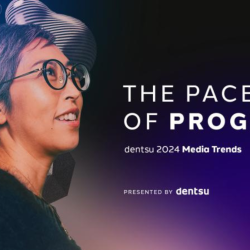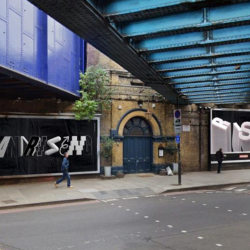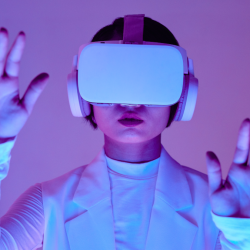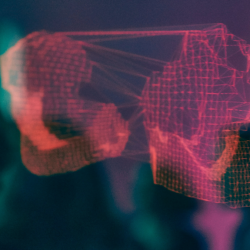In the cinematic world of The Matrix, the chilling perspective of Agent Smith labelled humans as viruses, parasites incapable of coexisting harmoniously with their environment. The metaphor resonated deeply for many, portraying our often-times insatiable drive to consume, expand, and dominate. Yet as we emerge from a period of global tumult, the question looms large: Has recent history allowed us a reflective pause, or are we simply reverting to old habits?
The realm of advertising, a microcosm of broader societal patterns, offers insights into these pressing questions. The industry’s metamorphosis over the past few years has been nothing short of seismic. Faced with pandemics and unprecedented digital revolutions, the way we consume media, products, and experiences has transformed. Remember those days of sourdough-snapping on Instagram and “Om”-ing on Zoom yoga? They weren’t merely fleeting trends; they symbolised a profound shift in our consumption behaviours.
Yet, the pendulum of the advertising universe swings with dramatic flair
As summer transitions to fall, ad agencies are laying the groundwork for another significant shift. We’ve seen mid-level staffers bid adieu and a surge of hires in niches like data and performance marketing. But it’s more than just a talent reshuffle. The entire dynamic between agencies and their employees is undergoing a transformation, akin to the ‘Great Resignation’ giving way to what some dub as the ‘Great Reset.’ Once, agencies leaned over backward for their talent. The dynamics mirrored that of the Jedi and the Sith, each side jostling for control and dominance. Fast-forward to now, and the landscape is reminiscent of The Empire Strikes Back — the agencies (or should we say, the empire) are regaining power.
This power play isn’t confined to boardroom discussions or talent acquisition strategies. It permeates the core ethos of agencies. Massive reorganisations, such as the one by Dentsu, emphasise a more holistic approach to digital media. Yet, while some view this shift as an innovative leap forward, others interpret it as the industry’s desperate grasp at straws, an attempt to regain equilibrium.
The balance, or lack thereof, extends beyond agency structures. Publicis’s recent mandate for employees to return to the office echoes a broader industry sentiment. Are these agencies merely adapting to new realities, or are they reclaiming lost ground, asserting dominance in a post-pandemic world?
A more profound undercurrent of imbalance stems from the role of AI in the industry
While AI presents unparalleled potential for efficiency and innovation, it’s also seen as a looming threat, with forecasts suggesting significant job losses by 2030. This ‘AI dilemma’ encapsulates the industry’s broader struggle: the pursuit of progress and profit at what cost? On the other hand, the international shift, with jobs moving to locales like Costa Rica and India, emphasises another side to the balance equation. New York and London’s iconic skylines might be etched in our minds, but when it comes to cost-effective, ‘machine scale’ solutions, the axis is being tilted by tech.
The year 2024 is anticipated to be a turning point
With economic recalibration like the control of inflation and a quelling of the mortgage pain over here, and further afield ad spend on the Olympics and the US presidential election on the horizon, we could witness a resurgence. But it’s more than just about bouncing back. The real challenge lies in achieving equilibrium — between profit and people, innovation and ethics, expansion and sustainability.
In conclusion, the world of advertising, much like the broader societal landscape, is at a crossroads. As we navigate these tumultuous times, the quest for balance becomes paramount. Whether we view ourselves through the lens of Agent Smith or believe in our intrinsic ability to change and adapt, the journey towards equilibrium will define not just the future of advertising, but the very fabric of our shared human experience.
Featured image: The Matrix (1999)































